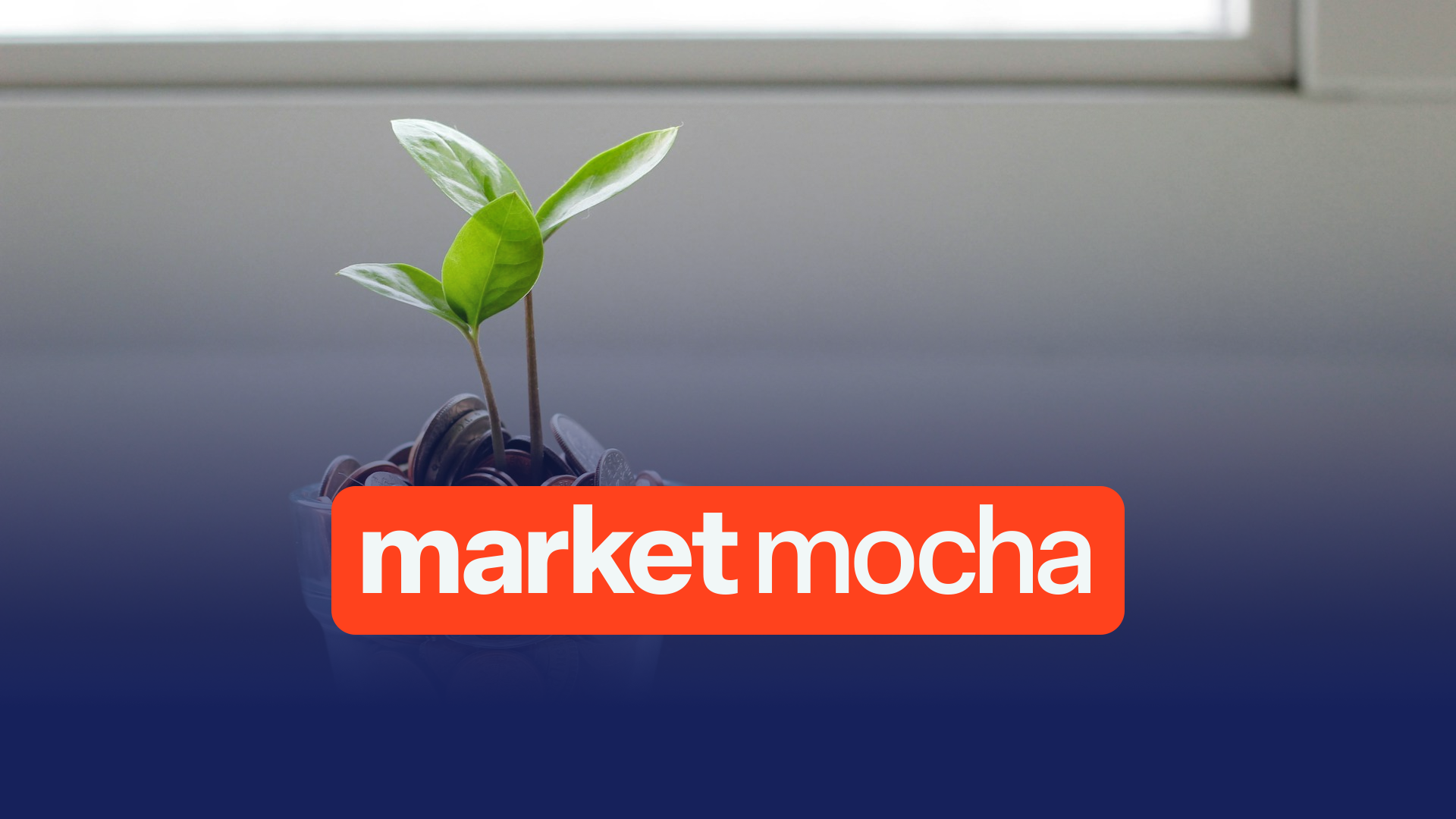Search resilience, cloud momentum and a record buyback buoy investor confidence despite macro headwinds
Alphabet (NASDAQ:GOOGL) shares rose over 5% in after-hours trading after the Google parent posted stronger-than-expected first-quarter results, underpinned by resilient advertising, robust cloud growth and rising investor confidence in its artificial intelligence strategy.
The company reported revenue of US$90.23bn for the quarter, up 12% from the previous year and ahead of Wall Street expectations of US$89.12bn. Net income surged 46% to US$34.54bn, translating to earnings per share of US$2.81. However, excluding an US$8bn unrealised gain on private equity holdings, adjusted earnings were US$2.27 per share—still comfortably above analysts’ estimates of US$2.01, according to LSEG.
Core search and ads hold up despite AI competition
Google’s core search and advertising segment remains the company’s financial backbone, bringing in US$66.89bn in advertising revenue—up 8.5% year-on-year. The “Search and other” category contributed US$50.7bn, a 9.8% increase, with AI-generated summaries (dubbed “AI Overviews”) now reaching 1.5 billion users monthly, up from one billion in October.
CEO Sundar Pichai emphasised that AI was “boosting engagement” in core services, noting expansion of AI Overviews to more countries and search queries. Chief Business Officer Philipp Schindler added that the monetisation of AI Overviews was “approximately the same” as traditional search links, though he declined to provide click-through rate specifics.
YouTube advertising came in just under expectations at US$8.93bn, while Google Cloud posted revenue of US$12.26bn, slightly below forecasts but still marking a 28% year-on-year increase. The cloud division’s operating margin nearly doubled to 17.8%, supporting optimism about Alphabet’s long-term AI infrastructure investments.
Tariff tensions and macro uncertainty loom
Schindler acknowledged looming challenges from macroeconomic shifts, particularly President Donald Trump’s decision to close the de minimis trade loophole from 2 May. The rule change, which ends duty-free treatment for shipments under US$800, is expected to dampen advertising spend from Asia-Pacific e-commerce players such as Temu and Shein—two of Google’s notable digital ad clients.
“This will cause a slight headwind to our Ads business in 2025,” Schindler said, though he stressed Alphabet’s capacity to adapt during volatile periods.
Meanwhile, Alphabet is still contending with multiple antitrust cases. Earlier this week, the US Department of Justice entered the remedial phase of a lawsuit that could force Alphabet to divest assets such as Chrome or sever search exclusivity agreements with Apple. Another court recently ruled that Google had illegally monopolised elements of its online advertising business. Alphabet has said it will appeal both cases.
AI spending accelerates alongside record buyback
Alphabet reaffirmed its intention to invest US$75bn in capital expenditures this year, mostly targeted at AI chips, data centres and networking infrastructure. Q1 capex rose to US$17.2bn, up from US$12bn the previous year. CFO Anat Ashkenazi noted that investment timing may fluctuate based on construction and supply chain dynamics.
The board also approved a new US$70bn share repurchase—matching last year’s authorisation—a move likely to support the stock, which had fallen 17% year-to-date before the earnings report.
Waymo scales operations and hints at consumer robotaxis
In a notable update on Alphabet’s “Other Bets” segment, Waymo reported over 250,000 fully autonomous paid rides per week across four US cities, up from 200,000 in February. Revenue from Other Bets declined to US$450mn (down 9%), while operating losses widened to US$1.23bn.
Pichai hinted at potential personal ownership options for Waymo vehicles in future, though no timeline was offered. Analysts noted that such a shift would likely involve partnerships with existing automakers rather than in-house manufacturing.
Largest-ever acquisition bolsters cloud security
Alphabet also highlighted its pending US$32bn acquisition of cloud security firm Wiz, the largest in its history. The all-cash deal, expected to close next year subject to regulatory approval, is aimed at enhancing security offerings within Google Cloud. Pichai said the move would help drive multicloud adoption, a key focus area for enterprise clients.





